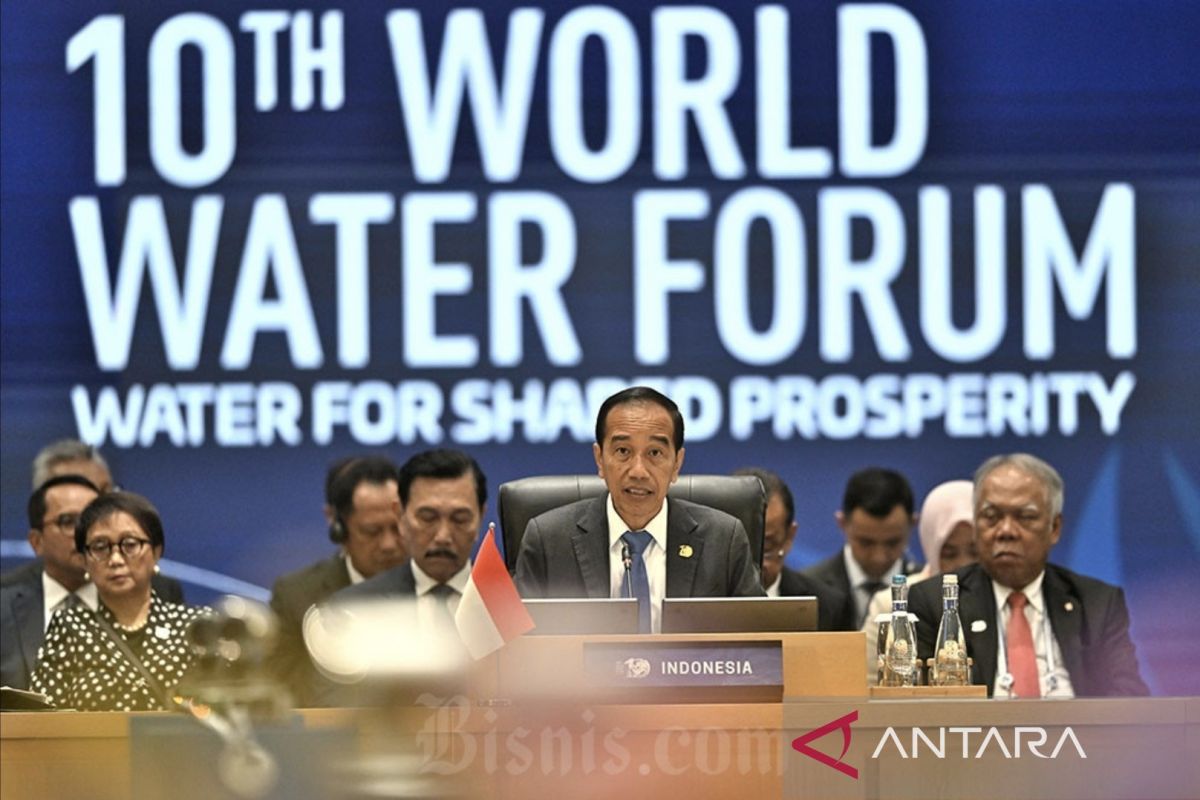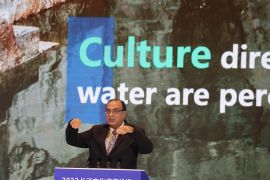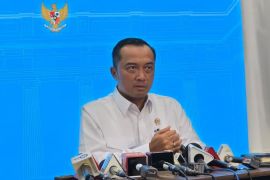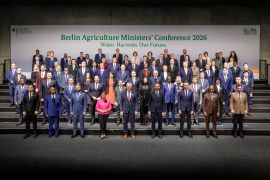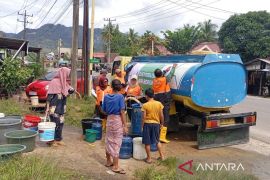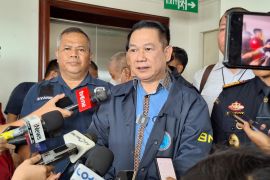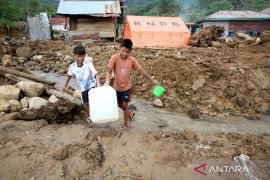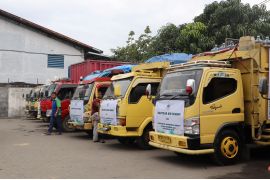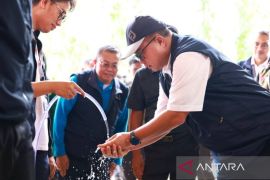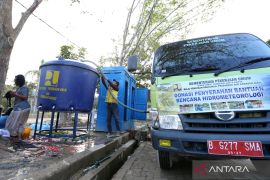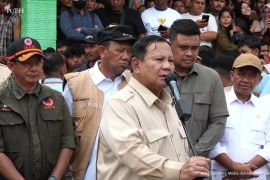Several countries, such as Japan, have implemented early warning systems for natural disasters.
The country, which is prone to earthquakes, has in place an Earthquake Early Warning (EEW) system that can detect seismic waves and provide immediate warning when an earthquake begins to occur.
Although the warning appears only a few seconds before a strong earthquake strikes, these seconds are precious for the community to take the necessary anticipatory and evacuation steps to protect themselves.
Apart from its primary objective of public safety, Japan began promoting the system in the 2000s. It can lower earthquake-caused damage with an accuracy of up to 82 percent.
Given the importance of early warning systems for natural disasters, it is not surprising that the United Nations Office for Disaster Risk Reduction (UNDRR) began the Early Warning for All, or EW4AII, initiative in 2022.
By 2027, or in five years, the UN Secretary-General demanded that all individuals on the planet be protected by an early warning system.
According to the UNDRR, early warning and early measures are some of the most proven and cost-effective methods for reducing deaths and losses from disasters.
Advancements in early warning and preparedness systems are considered to have saved tens of thousands of lives and hundreds of billions of dollars.
A community-centric, end-to-end, multi-hazard early warning system can help minimize loss of lives, assets, and livelihoods by initiating well-prepared and tested early actions.
However, in 2022, only half of the world's countries had been protected by multi-hazard early warning systems.
The number is even lower in developing countries and worse in underdeveloped countries. Furthermore, only a third of small island developing countries have a multi-hazard early warning system.
World Water Forum
The 10th World Water Forum in Bali, which was attended by around 20 thousand delegates and participants from 116 countries, is essential to serve as a platform to raise awareness of the importance of early warning of disasters.
From 279 sessions of the forum held on May 18-25, 2024, a high-level panel session took place, with discussions specifically related to the EW4All initiative.
The participation of all parties at the global, regional, national, and local levels is crucial in the efforts to protect all people from natural disasters, including the water crisis. At the global level, the UNDRR estimated the funding needed for the Executive Action Plan to reach US$3.1 billion in the 2022-2027 period.
At the regional, national, and local levels, regional coordination and collaboration are strengthened by building political momentum and support to bring together all relevant government institutions and representatives of all communities.
Assistant Director General for Natural Sciences at UNESCO Lidia Arthur Brito highlighted the importance of cooperation at the regional level by sharing and using science openly.
If countries cannot work together within an open science framework or share knowledge, then each country will not truly use the best knowledge it has.
If the knowledge possessed by each country were to be combined, then it would turn out to be one of the best efforts to support the acceleration of the EW4AII initiative.
She noted that knowledge sharing between countries, institutions, academicians, and the private sector is deemed necessary to give responses and solutions.
Especially for water issues, UNESCO is currently accelerating the implementation of Open Science in Water Sciences, a platform that provides open access and open data.
The platform also provides software resources that can be used in disaster risk reduction through water information systems and networks called IHP-WINS.
Urgency
The World Meteorological Organization (WMO) has also called for efforts to protect the world community from natural disasters and has urged every country to start purchasing national equipment and have financing for EW4AII.
WMO Secretary-General Celeste Saulo admitted that the purchase of equipment for early warning is a big challenge.
In addition to the high cost of equipment and installation, the early warning system for disasters must also pay special attention to the human resource monitoring and evaluation system, so that it can become a reference for decision makers in supporting early warning system initiatives.
The Indonesian government also faces the challenge of implementing disaster early warning systems.
According to data from the National Disaster Mitigation Agency (BNPB) Electronic Procurement Services, the installation of early warning equipment for floods for the 2024 Fiscal Year in three cities and districts alone costs Rp1.5 billion (around US$92,321).
Furthermore, the equipment is often damaged by people as had occurred during the Mount Marapi eruption in West Sumatra that claimed dozens of lives since the eruption monitoring equipment was lost due to being stolen.
In the context of water as a source of life, not many people realize that the threat of a water crisis also looms large.
Although 70 percent of the Earth's surface is covered with water, approximately 2.2 billion people still lack access to safe drinking water, and half the world's population does not have access to safe sanitation facilities.
The UNICEF also warned that 700 children under five die every day due to not having access to water and sanitation facilities.
Difficult access to water is increasingly worsened by climate change. Water has also been used as a tool of war, as Israel deliberately restricts water access to people in Palestine, especially Gaza, as a form of attack.
The World Water Forum serves as a reminder, especially for decision-makers, regarding water challenges. It is also a stark reminder of the recent occurrences of water-related tragedies.
In early April, Rio Grande do Sul, Brazil, was hit by the worst floods that killed 176 people, with hundreds of others missing. Dubai, with its topography mainly consisting of deserts, was also hit by massive floods.
Furthermore, in early May, floods struck West Sumatra and South Sulawesi, Indonesia.
The World Water Forum is also a reminder that water, especially for drinking and sanitation, will not always be available without exercising prudence regarding water and if people continue to engage in activities that trigger extreme weather.
Investing in early warning systems for disasters, including those related to water, such as storms, floods, or droughts, is a cost-effective tool to save lives, reduce economic losses, and mitigate losses and damage.
Related news: Collaboration was key to solve water issue: President Jokowi
Related news: Round Up - WWF agrees on river basin management, draws up priorities
Editor: Rahmad Nasution
Copyright © ANTARA 2024
